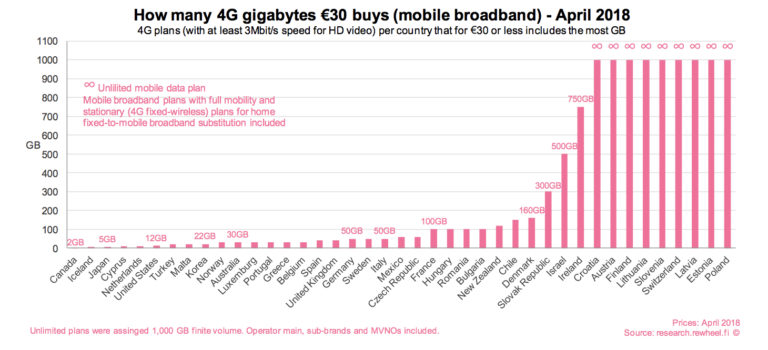“It’s World #PasswordDay! A reminder to change your pins/passwords frequently,” it advised anyone following the hashtag “PasswordDay”. But this, as lots of people quickly pointed out, is terrible advice.
But hang on a second: isn’t that the correct advice? Weren’t all sysadmins basically forced to change their systems to make people reset passwords every few months because it was better for security?
Yes, but that was way back in 2014. Starting late 2015, there was a big push from government departments across the world – ranging from UK spy agency GCHQ to US standard-setting National Institute of Standards and Technology (NIST) and consumer agency the Federal Trade Commission (FTC) – to not do that.
That said, the past few years has been virtually defined by the loss of billions of usernames and passwords from corporations, ranging from your email provider, to your credit agency, home improvement store, retail store and, yes, even government departments.
In that case, does it not in fact make sense to get people to periodically change their passwords? Well, yes. And no.
Yes, because the information would age and so become irrelevant faster. No, because constant resets eat up resources, tend to nudge people toward using simpler passwords, and don’t really make it harder for some miscreant using a brute force attack to guess the password.
[…]
Random or pronounceable?
Everyone agrees that using the word “password” for a password is pretty much the dumbest thing you can do. But so many people still do it that designers have been forced to hardcode a ban on the word into most password systems.
But from there – where do you go? How much better is “password1”? Is it sufficiently better? What about switching letters to other things, like “p@ssw0rd”? Yes, objectively, that is better. But the point is that there are much better ways. And that comes down to basically two choices: random or pronounceable.
The best random password is one that really is random i.e. not a weird spelling that you quickly forget but a combination of letters, numbers and symbols like “4&bqJv8dZrXgp” that you would simply never be able to remember.
But here’s the thing – the reason that particular password is better is largely because in order to use and generate such passwords, you would likely use a password manager. And password managers are great things that we’ll deal with later.
But here’s the thing: if someone is trying to crack your password randomly they are likely to be using automated software that simply fires thousands of possible passwords at a system until it hits the right one.
In that scenario, it is not the gibberish that is important but the length of the password that matters. Computers don’t care if a password is made up of English words – or words of any language. But the longer it is, the more guesses will be needed to get it right.
As our dear truthsayer XKCD points out: “Through 20 years of effort we’ve successfully trained everyone to use passwords that are hard for humans to remember, but easy for computers to guess.”




